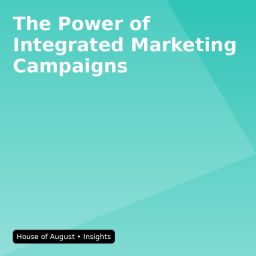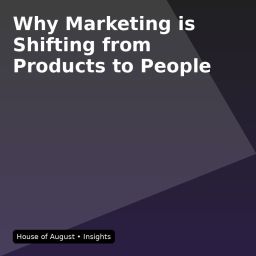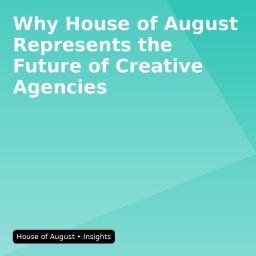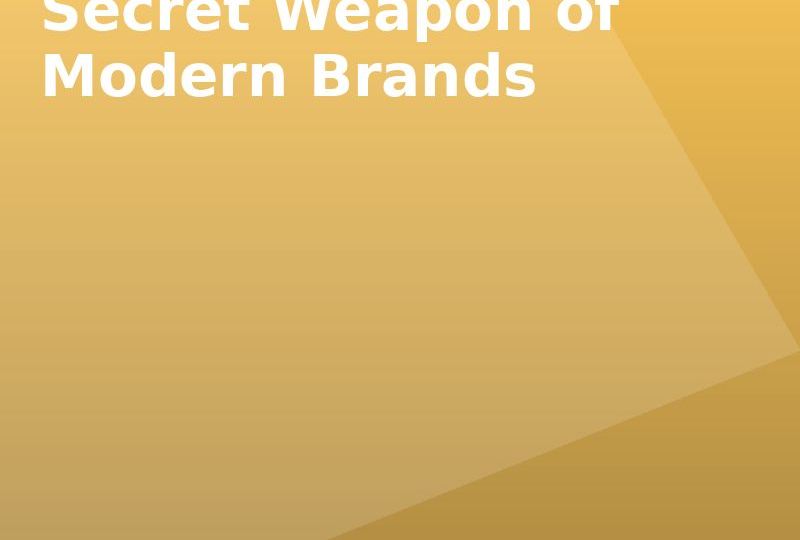
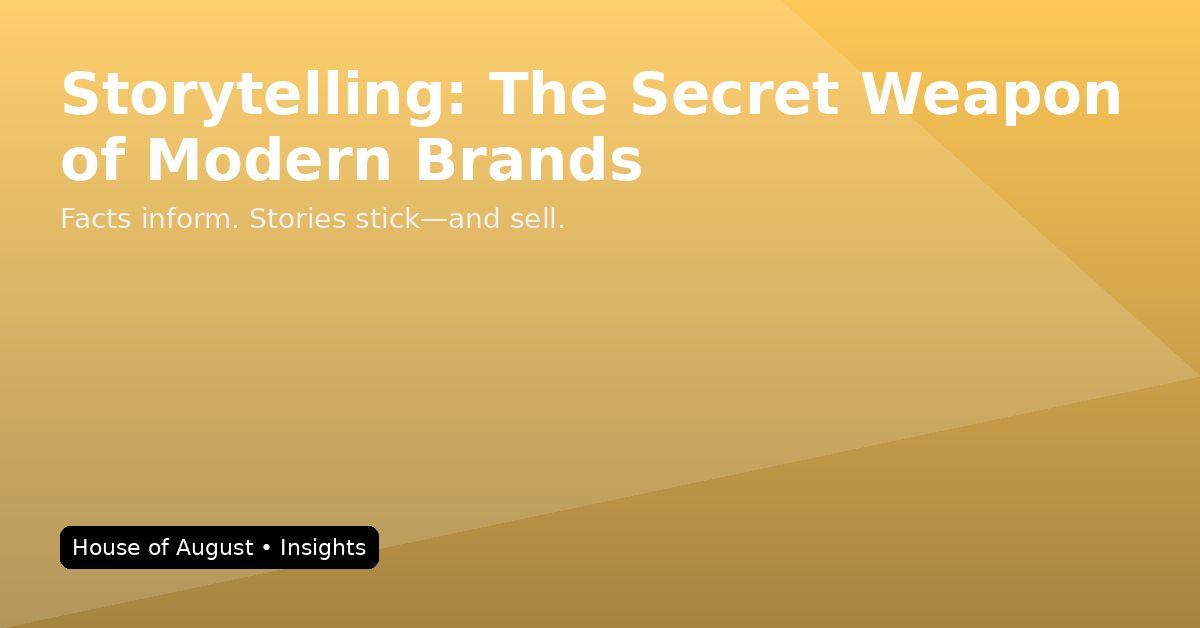
In an era of constant information overload, consumers no longer respond to brands that simply list features or benefits. What captures attention, drives engagement, and fosters loyalty is storytelling. Stories are powerful because humans are wired to process and remember narratives—they resonate emotionally, create meaning, and inspire action. For modern brands, storytelling has become a critical tool for differentiation and connection.
Unlike transactional messaging, storytelling transforms a product or service into an experience. Consider Airbnb. The platform does not just offer accommodations; it offers belonging, adventure, and human connection. Every campaign highlights authentic experiences shared by hosts and travelers, making the brand feel personal and relatable. Similarly, Coca-Cola has long relied on narratives of joy, family, and celebration, transcending its product category to become an emblem of shared experiences. These brands succeed because they understand that stories stick where facts alone cannot.
Psychological research supports this. Stories activate multiple regions of the brain simultaneously, making information more memorable and emotionally impactful. A statistic, no matter how impressive, is quickly forgotten. A well-crafted story, however, creates empathy, builds trust, and encourages sharing. This is why campaigns like Apple’s Think Different or Nike’s Just Do It ensure they are narratives that resonate with personal identity, values, and aspirations.
House of August exemplifies the strategic use of storytelling in modern branding. Beyond producing ads or social media content, they craft narratives that align with brand values and consumer journeys. For example, a luxury home décor client may not just want to showcase furniture; they aim to communicate craftsmanship, heritage, and the lifestyle that their products enable. House of August takes this insight and translates it into engaging campaigns, ensuring every touchpoint tells a cohesive story. By blending creative storytelling with data-driven strategy, the agency makes brand messaging both meaningful and measurable.
Storytelling also plays a crucial role in differentiating brands in competitive markets. When products are similar, the narrative becomes the deciding factor. A brand that communicates authenticity, values, and purpose resonates with consumers far more than one that relies solely on price or features. Furthermore, storytelling allows brands to humanize themselves, creating emotional connections that foster loyalty and advocacy. Consumers remember how a brand made them feel, not just what it sold.
Digital platforms have amplified the impact of storytelling. Social media, video platforms, podcasts, and interactive content offer brands unprecedented ways to reach audiences with immersive narratives. Whether through short-form videos, influencer collaborations, or micro-stories, storytelling now has both scale and intimacy. Agencies like House of August help brands navigate these platforms, ensuring stories are optimized for engagement while remaining authentic.
In conclusion, storytelling is no longer optional. It is the secret weapon of modern brands. It transforms communication from transactional to emotional, differentiates brands in competitive landscapes, and fosters lasting consumer relationships. Agencies like House of August demonstrate how a strategic narrative approach, combined with creative execution, can elevate a brand from being just a name to becoming a meaningful part of people’s lives. In today’s attention-driven, experience-focused marketplace, brands that master storytelling are the ones that endure.


